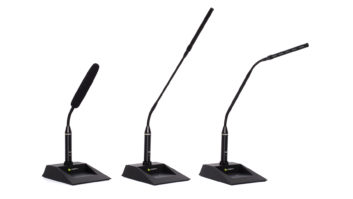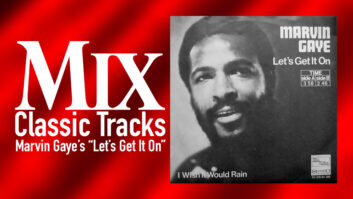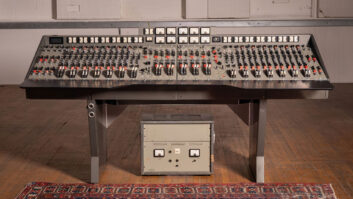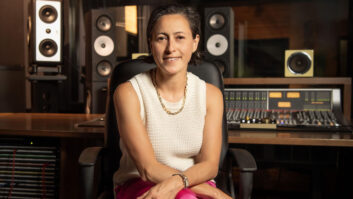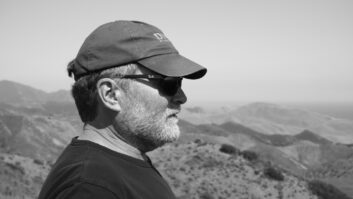Reykjavik, Iceland (July 27, 2018)—Alternative pop chanteuse Björk played the European festival circuit this summer as part of an 11-date tour that began in her hometown of Reykjavik. Along for the ride to mix every show was front of house engineer John Gale of Galeforce Sound.

Re-creating Björk’s songs live is no simple task. Take her vocals, which are often submerged in effects—at FOH, Gale ran them into dual ProTools rigs set up with timecoded ProTools sessions running specific plug-ins in order to handle the live vocal and flute effects. To get the vocals—and the considerable onstage flute ensemble—into the Pro Tools rigs, Gale used two RME MADIface USB, compact, 128-channel interfaces, which provide MADI I/O over USB 2.0.
As might be imagined, ensuring low latency was crucial, as audio had to pass in and out of ProTools quickly without any audible pops, glitches or perceived delays. “We experimented with the buffer sizes to find a low setting that was rock solid,” explained Gale. “I’m using the MADIface in this situation for the vocal effects, like reverb and delays, on Björk’s vocal microphone and also the live effects on the flute ensemble. I’m also sending these effects back to Björk’s monitor engineer so it has to be as low latency as possible as she’s monitoring this on stage.”
RME interfaces use the company’s TotalMix software to handle routing and mixing, and Björk’s musical director, Matt Robertson, made use of it during rehearsals and pre-show setup checks.
“The musicians on stage have TotalMix setups too, so that they can listen to their own mixed outputs, without having to have the monitor engineer switch to a particular scene or snapshot,” Robertson said. “There is also some very clever stuff you can do with TotalMix to route timecodes to various outputs and even back into the same device which can sometimes be really useful. If you need a duplicate timecode output on 36, it’s easy to route it in TotalMix without having to make any changes to your playback session.”
RME • www.rme-usa.com
Synthax (U.S. distributor) • www.synthax.com
